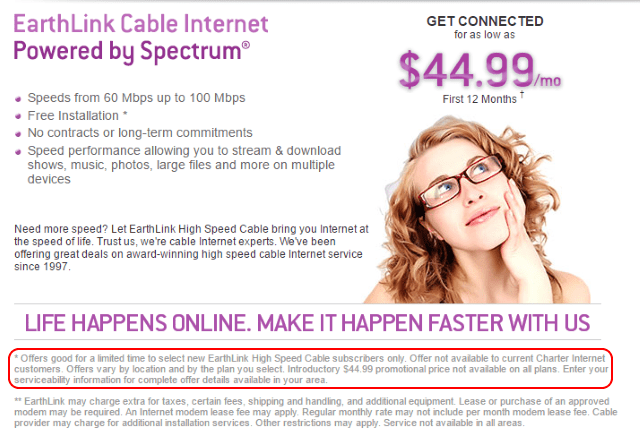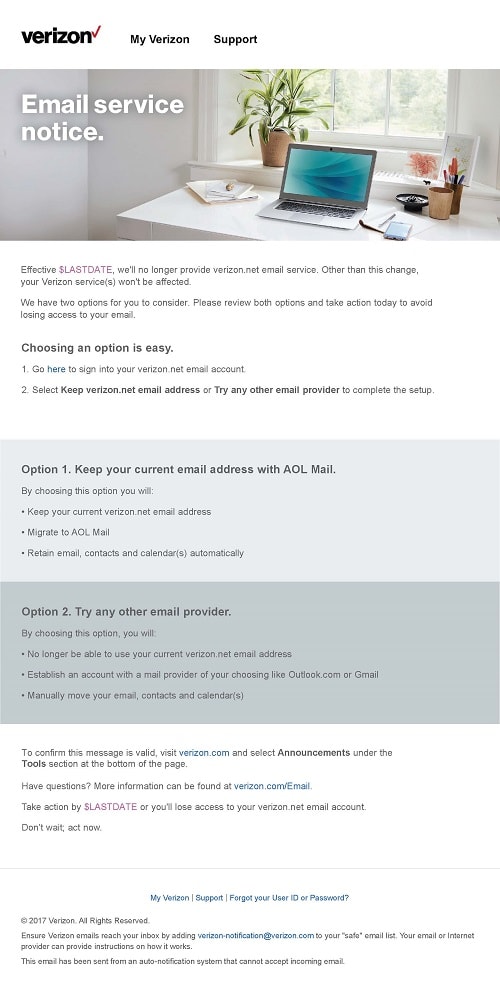 A conservative group funded by corporate interests and the Koch Brothers has asked FCC chairman Ajit Pai to answer its petition and move expeditiously to cancel the prohibition of data caps/usage-based pricing as a condition for FCC approval of Charter Communications’ acquisition of Time Warner Cable and Bright House Networks.
A conservative group funded by corporate interests and the Koch Brothers has asked FCC chairman Ajit Pai to answer its petition and move expeditiously to cancel the prohibition of data caps/usage-based pricing as a condition for FCC approval of Charter Communications’ acquisition of Time Warner Cable and Bright House Networks.
A number of pro-consumer deal conditions were included as part of the merger transaction’s approval, and won the support of a majority of FCC commissioners under the leadership of former FCC chairman Thomas Wheeler, appointed by President Barack Obama.
The Competitive Enterprise Institute (CEI) is hopeful that with Wheeler out of office and a new Republican majority at the FCC under the Trump Administration means the FCC will end requirements that Charter offer unlimited data plans, discounted internet access for low-income consumers, and start allowing Charter to charge fees to Netflix and other content providers to connect to its broadband customers. CEI has every reason to be hopeful, pointing out Chairman Pai is a fan of data caps on residential broadband service, opposes Net Neutrality, and recently effectively killed a Lifeline program that would have extended inexpensive internet access to the poor.
CEI:
As then-Commissioner Pai wrote in 2016, this condition is neither “fair” nor “progressive.” Instead, he called this “the paradigmatic case of the 99% subsidizing the 1%,” as it encourages Charter to raise prices on all consumers in response to costs stemming from the activities of a “bandwidth-hungry few.” Other problematic conditions include the ban on Charter charging “edge providers” a price for interconnection and the requirement that the company operate a “low-income broadband program” for customers who meet certain criteria.
The group is optimistic Pai will oversee the unwinding of Charter’s deal conditions largely pushed by former FCC chairman Thomas Wheeler, after Pai recently led the charge to revoke another condition required of Charter in return for merger approval – a commitment to expand its cable network to pass at least one million new homes that already receive broadband service from another provider.
Pai also opposed the low-income internet program, calling it “rate regulation.” The CEI claimed the requirement will “undermine Charter’s ability to price its services in an economically rational manner.”
“Hopefully, the FCC’s new leadership will seize this opportunity to take a stand against harmful merger conditions that have nothing to do with the transaction at hand—by granting CEI’s petition,” the group wrote on its blog.


 Subscribe
Subscribe





